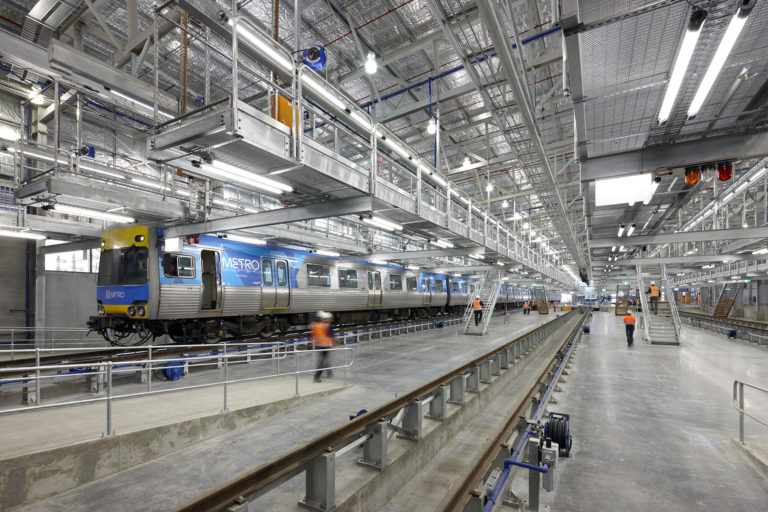In today’s world, fire safety for both residential and commercial properties is receiving increased attention. Fire protection services encompass all aspects of fire prevention, control, and minimisation of fire-related damage. This article explores the key elements of fire protection services, what they cover, and their ideal specifications.
Understanding Fire Protection Services
Fire protection services involve a broad range of activities aimed at preventing fires, detecting their occurrence, and extinguishing them when necessary. These services are crucial for reducing the devastating impacts of fires on lives and property.
Core Components of Fire Protection Services
1. Fire Safety Education
Raising awareness about fire risks and preventive measures is essential. This includes educating individuals on fire safety, the proper disposal of flammable products, and understanding fire exposure risks.
2. Fire Risk Assessments
Fire protection service providers conduct detailed surveys and investigations to assess potential fire risks. This involves evaluating the building’s architecture, the occupants’ needs, and the fire protection systems in place.
3. Maintenance of Fire Protection Systems
Fire alarms, sprinklers, and other fire protection equipment must be installed correctly and maintained regularly. Ensuring that these systems are in good working order is vital for responding effectively during emergencies.
4. Fire Detection Systems
Installing and maintaining smoke and heat detectors is a key part of fire protection. These devices alert occupants to the presence of smoke or rising temperatures, allowing for safe evacuation before it’s too late.
5. Fire Alarm Systems
Fire alarm systems, whether analogue or digital, can include various detection methods. Advanced systems may also notify the local fire department, ensuring a quicker response during emergencies.
Essential Practices for Effective Fire Protection
1. Regular Inspections and Maintenance
The effectiveness of fire protection systems depends on routine inspections and maintenance. This includes checking fire alarms, sprinklers, and ensuring fire extinguishers are fully charged and correctly positioned.
2. Adherence to Fire Codes and Standards:
Compliance with local fire codes and standards is mandatory. These regulations are designed to ensure that fire protection systems meet safety requirements and are maintained properly.
3. Training and Education
Regular fire safety training and drills are essential for employees, residents, and other building occupants. Training should cover the proper use of fire-fighting equipment, evacuation procedures, and fire prevention techniques.
4. Updating Fire Safety Plans
Fire safety plans must be reviewed and updated regularly to ensure they comply with legal requirements, reflect changes in building usage or occupancy, and incorporate any updates to the fire protection systems. Keeping these plans current is critical in ensuring their effectiveness during an emergency.
5. Utilising Technology
The integration of modern technology into fire protection systems is a growing trend. Smart fire protection systems, which connect smoke detectors and fire suppression systems, offer enhanced monitoring and response capabilities. These technologies help optimise fire protection service delivery.
Choosing the Right Fire Protection Service Provider
Selecting a reliable fire protection service provider is essential for ensuring comprehensive fire safety. Here are some key factors to consider.
Experience and Expertise
Choose a provider with significant experience in handling various fire risks and structures. Their expertise is crucial to delivering effective fire protection services.
Certifications and Licensing
Ensure the provider has the necessary licenses and certifications required by local laws. This guarantees that the provider adheres to industry standards and legal regulations.
Customer Reviews and References
Customer reviews and references offer valuable insights into the provider’s service quality. Feedback from past clients helps gauge the provider’s competence and reliability.
Range of Services
Choose a provider that offers a comprehensive range of fire protection services, including prevention, detection and suppression. A provider with a holistic approach ensures all aspects of fire protection are covered.
Conclusion
Fire protection services are essential for safeguarding lives and property from the harmful effects of fire. From prevention and detection to suppression and emergency response, each aspect plays a critical role in creating a robust fire protection strategy. By following best practices, staying informed about technological advancements, and selecting a qualified service provider, individuals and organisations can effectively mitigate fire risks. Investing in fire protection services not only enhances safety but also provides peace of mind, knowing that comprehensive measures are in place to address fire hazards.


